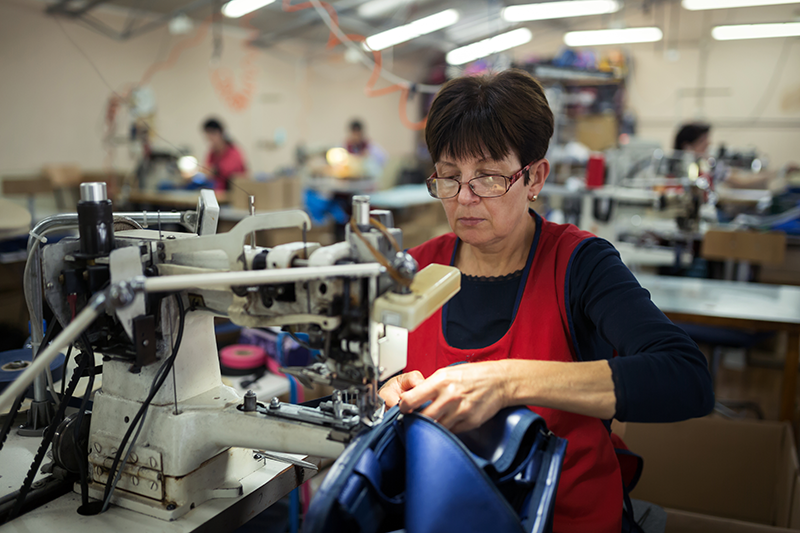EU context
De inspanningen van de EU wat betreft de lonen staan beschreven in de Europese pijler van sociale rechten: het recht van werknemers op een billijk loon waarmee zij een fatsoenlijke levensstandaard kunnen genieten, de zorg voor toereikende minimumlonen en het voorkomen van armoede onder werkenden.
Het werk van Eurofound
Eurofound publiceert periodieke rapportages over diverse aspecten van salaris en inkomen gelet op de veranderende economische omstandigheden binnen Europa.
Salarisevaluatie
De verzamelde informatievoorziening van Eurofound over salaris is te vinden in het Europees Observatorium voor het arbeidsbestaan (EurWORK). Door het periodiek rapporteren ontstaat een doorlopende reeks van waarnemingen over salaris via cao's en is het mogelijk om trends te evalueren. Eurofound publiceert periodiek actuele updates over wettelijk minimumloon en salaris via cao's, naast evaluaties van landelijke ontwikkelingen in loonvormingsmechanismen, gelijke beloning, variabele beloning, lage beloning en de genderkloof in loon.
De landenprofielen betreffende het arbeidsbestaan bevatten informatie over landelijke salarissen en worden regelmatig bijgewerkt. EurWORK beheert twee databases voor salarissen (zie hieronder voor de bronnen).
De Europese Banenmonitor (EJM) van Eurofound hanteert diverse kwalitatieve maatstaven, waaronder salaris, om de verschuivingen in werkgelegenheid per baan te beoordelen. Zodoende vergroot de monitor met name onze kennis van de zogenoemde werkgelegenheidspolarisatie, waarbij de werkgelegenheidsgroei meestal kleiner blijkt in het midden van de loonschaal dan boven- en onderaan.
Onderzoeksgegevens
De enquêtes van Eurofound evalueren ook de salarisomstandigheden in de EU. Om de kwaliteit van het werk te beoordelen, stelt het onderzoek van Eurofound het salaris centraal. De Europese enquête naar de arbeidsomstandigheden (EWCS) benoemt zeven indicatoren van baankwaliteit, waaronder het inkomen. Daarnaast brengt de EWCS verslag uit van het loonverschil tussen mannen en vrouwen. Ontdek de interactieve datavisualisatietool voor de EWCS.
De Europese enquête over de kwaliteit van het bestaan (EQLS) evalueert in welke mate het inkomen invloed uitoefent op de levensstandaard en welk verband er bestaat tussen inkomensongelijkheid enerzijds en sociale samenhang en welzijn anderzijds. Deze evaluatie overziet de gevolgen van de crisis voor gezinnen, met de nadruk op lage inkomens, huishoudelijke schuld en groepen nabij de armoedegrens. Daarnaast verzamelt de EQLS informatie over het inkomen na het pensioen en het mogelijk verlengen van het werkzame leven. Ontdek de interactieve datavisualisatietool voor de EQLS.
De Europese Bedrijvenenquête (ECS) kijkt naar het benutten van regelingen voor variabele beloning in ondernemingen en de mate waarin de salarissen van hun werknemers via cao's worden geregeld. Door middel van deze enquête is het mogelijk om informatie over variabele beloning en loononderhandelingen te koppelen aan informatie over arbeidsorganisatie, personeelsbeleid, medezeggenschap en sociale dialoog, alsook aan prestaties en welzijn op de werkplek.





















